
Sign in to your ScreenRant account
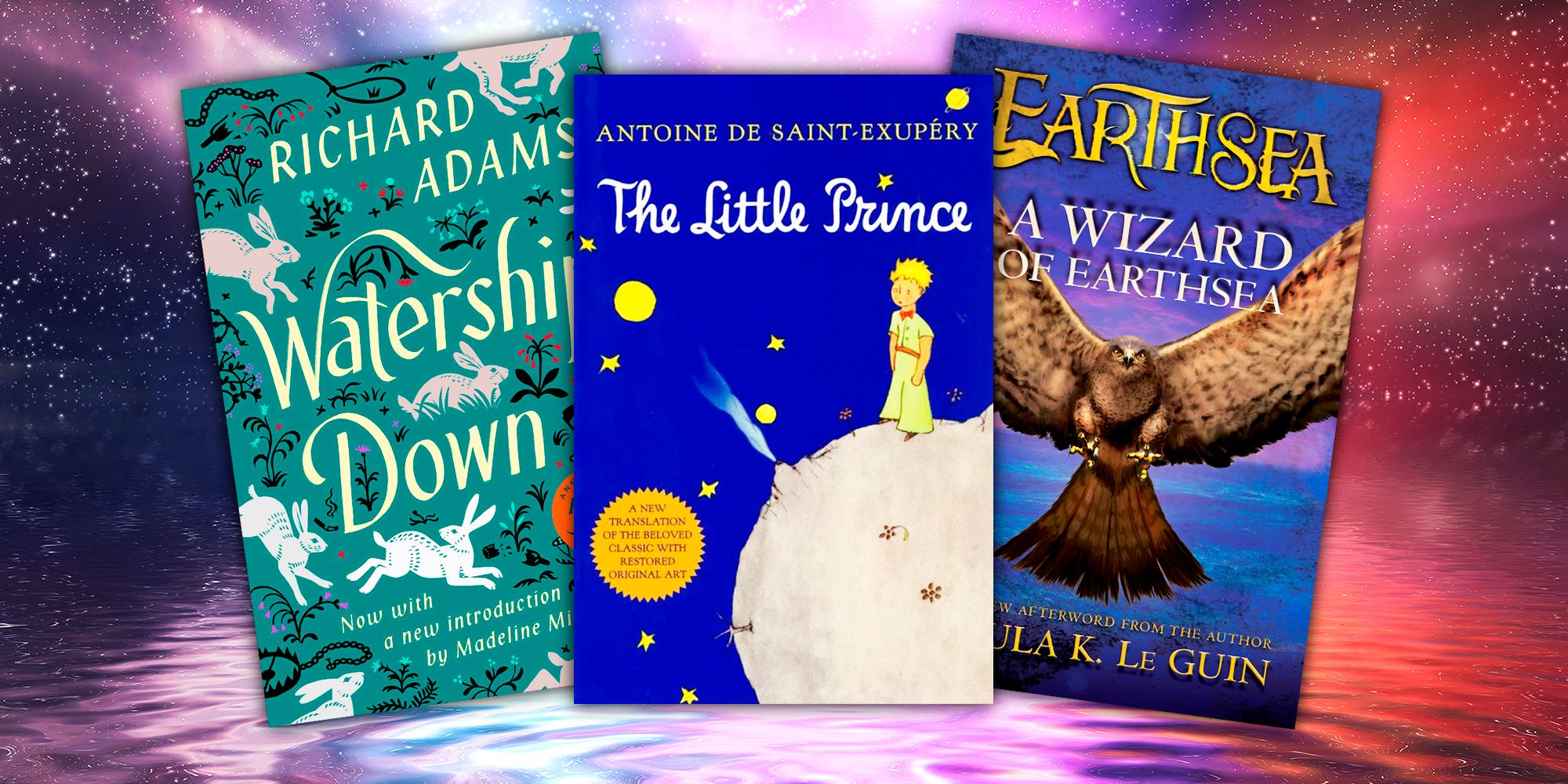 Image by Ana Nieves
Image by Ana Nieves
Most readers who enjoy the fantasy genre started consuming speculative fiction in childhood, and it's because of the books read during this period that they maintain a love for these stories. It's likely that the best fantasy books young readers pick up in their youth will hold up well in adulthood because they have universal themes and complex narratives that remain relevant no matter the audience's age. Tales of magic, adventure, and mystery never get old because they all reflect on the real world and communicate messages about how to leave the world better than you found it.
Many of these are part of the best fantasy book series for beginners and can be enjoyed by all readers interested in getting into fantasy. Most, if not all, of these novels have received screen adaptations because of how vividly the stories are and how universally beloved they are. One of the most memorable parts of children's fantasy literature is the brave and clever protagonists who young audiences relate to in their youth. By returning to these books in adulthood, readers can still identify with these characters but will empathize with them further, understanding the pain of coming of age.
10 Tuck Everlasting (1975)
Written by Natalie Babbitt
Winnie Foster finds her life suddenly changed in Tuck Everlasting when she meets the Tucks, a family who accidentally became immortal after drinking from a spring in the woods by Winnie's house. Though Winnie is young, she slowly understands that the immortality the Tucks possess is not a gift and that people would use them and the spring to make a profit. The pitfalls of immortality and the joy of being able to age and live a full life are topics well-trodden in adult literature, but Tuck Everlasting makes this topic accessible to younger readers.
From an adult perspective, it's clear from the beginning that the cost of eternal youth and vigor is not worth the loneliness that accompanies it.
It's a bittersweet story, made even more impactful by the doomed romance between Winnie and Jesse Tuck, the boy frozen in time at the age of seventeen. From an adult perspective, it's clear from the beginning that the cost of eternal youth and vigor is not worth the loneliness that accompanies it. The film adaptation of Babbitt's novel is one of the best live-action children's fantasy movies and sees a young Alexis Bledel star as Winnie.
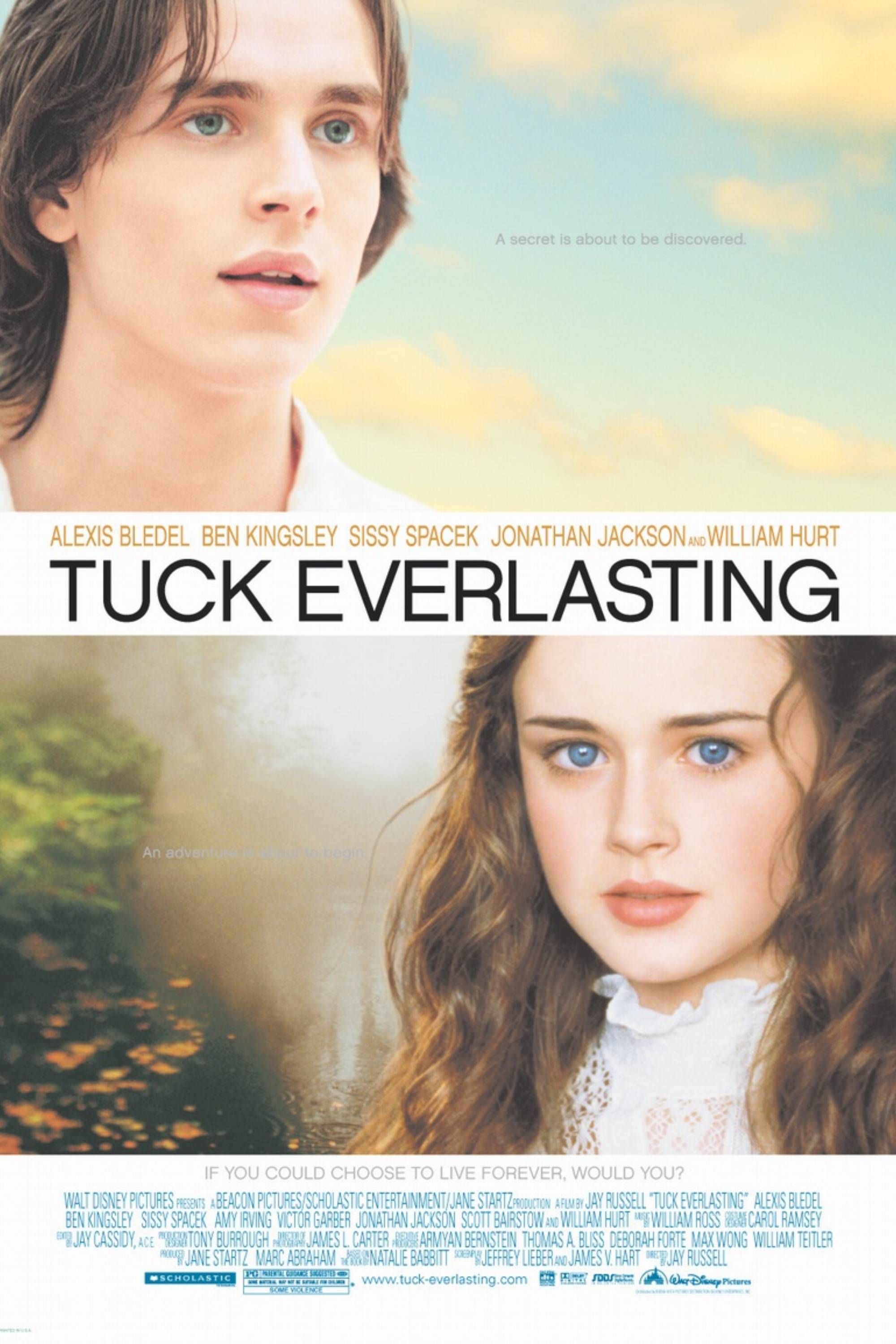
Tuck Everlasting follows Winnie Foster, a young girl who escapes her stifling home life to explore the nearby woods. There, she stumbles upon Jesse Tuck, a boy with a mysterious secret - his family is immortal due to drinking from a magical spring. As Winnie and Jesse grow closer, she must decide whether to keep the Tucks' secret and live a normal life or drink from the spring and join them in eternal youth.
Release Date October 11, 2002
Runtime 90 minutes
Director Jay Russell
Writers Jeffrey Lieber , James V. Hart
Studio(s) Walt Disney Pictures
9 The Hobbit (1937)
Written by J.R.R. Tolkien
Though J.R.R. Tolkien's complex adult series The Lord of the Rings is the more famous installment of Tolkien's tales of Middle-earth, The Hobbit is the story that started it all. Following Frodo's older cousin Bilbo on his first adventure, The Hobbit has long been considered one of the best works of children's fantasy literature of all time. Not quite as terrifying and high-stakes as Lord of the Rings, The Hobbit is still thrilling and unafraid to put Bilbo in dangerous situations.
Rereading The Hobbit with the knowledge and understanding of Middle-earth that audiences get from Lord of the Rings makes Bilbo's first encounter with the One-Ring breathtaking. The Hobbit holds a lot of value for fans of the series and demonstrates why Tolkien's work is so timeless, as Bilbo's journeys only get more nostalgic and epic with time. Though there are many differences between The Hobbit book and the films, Peter Jackson maintained much of the heart of the original novel.
Your changes have been saved
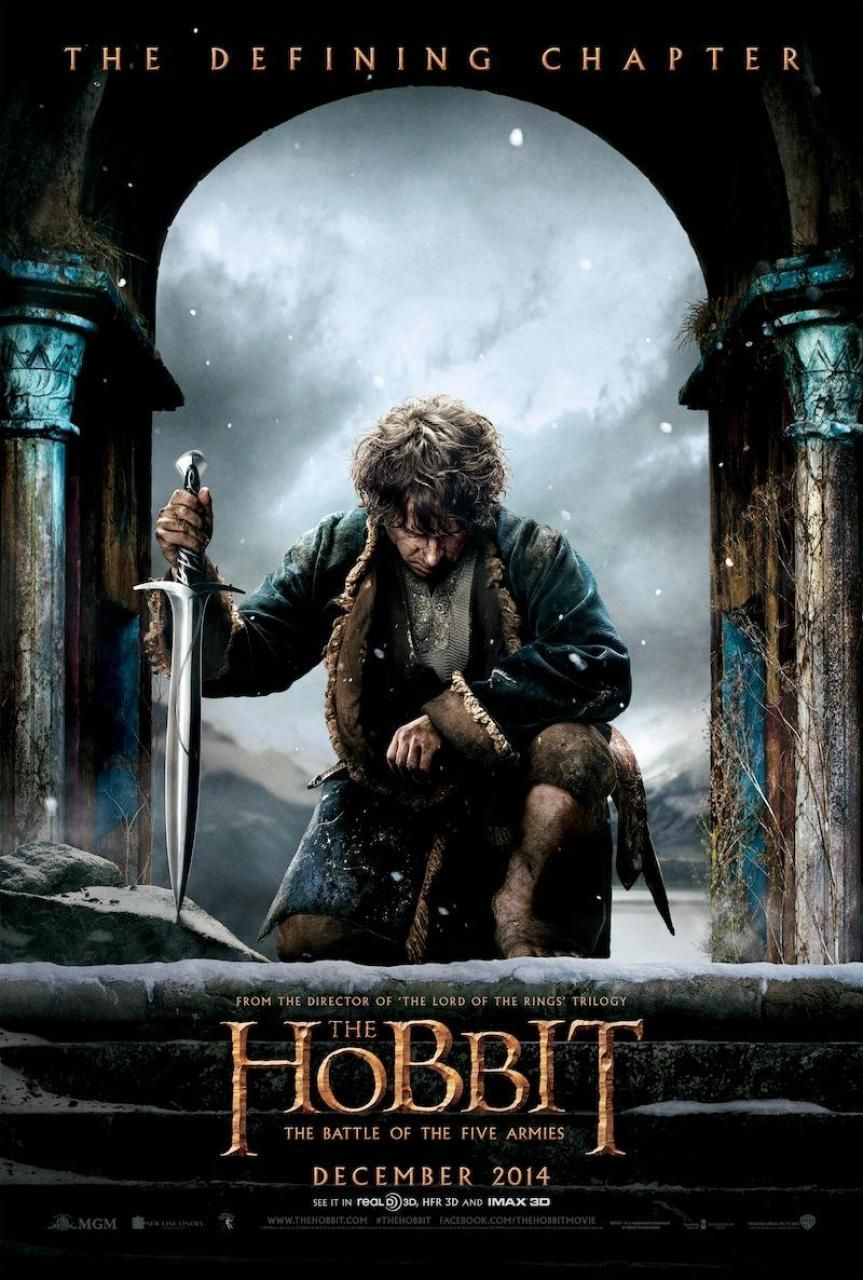
The Hobbit
The Hobbit film series is a fantasy adventure trilogy directed by Peter Jackson, based on J.R.R. Tolkien's novel The Hobbit. Set 60 years before The Lord of the Rings, the films follow Bilbo Baggins' quest to reclaim the Lonely Mountain from the dragon Smaug. The series grossed nearly $3 billion worldwide and is known for its elaborate visuals and epic storytelling.
8 A Wrinkle In Time (1962)
Written by Madeleine L'Engle
Madeleine L'Engle incorporated both fantasy and science fiction into her classic novel, A Wrinkle in Time. The book has been adapted for the screen several times, but the 2018 film came the closest to capturing the magic of the original story. However, part of the joy of A Wrinkle in Time is imagining Meg on her adventures and seeing the unbelievable worlds she visits in the mind's eye. A Wrinkle in Time is the first in L'Engle's series about Meg and her family, but the first book is the most famous installment.
Themes of feeling alienated and out of place in the world are significant in A Wrinkle in Time , and these feelings aren't only relevant to younger audiences.
Themes of feeling alienated and out of place in the world are significant in A Wrinkle in Time, and these feelings aren't only relevant to younger audiences. Meg struggles to fit into her changing environments, and she has to grapple with some of the most challenging aspects of life at a young age. When first reading A Wrinkle in Time, audiences might relate to Meg and see her struggles as their own, while older readers will see a younger version of themselves and feel empathy for who that person was.
7 Watership Down (1972)
Written by Richard Adams
Following a group of rabbits in search of a new home, Watership Down is a terrifying and emotionally intense book, putting it on the same level as the iconic epics of children's literature. Winner of the Carnegie Medal for Writing, among other accolades, Watership Down was immediately singled out for its contributions to children's literature, but there's still plenty for adults to glean from the story. The rabbits' society is just as rich, complex, and difficult to navigate as human culture, and the conflicting beliefs of the characters play into their strengths and abilities.
Watership Down might be about rabbits, but its influences come from some of the great works of classic literature, and their adventure parallels iconic installments of the hero's journey seen in novels throughout history. Survival and the creation of society play a large role in Watership Down, as the central characters are looking for a path to salvation amid the lies of other rabbits and the dangers of the world. Adults can appreciate how introducing young people to these topics through the allegorical story is an effective way to touch on difficult themes.
6 A Wizard Of Earthsea (1968)
Written by Ursula K. Le Guin
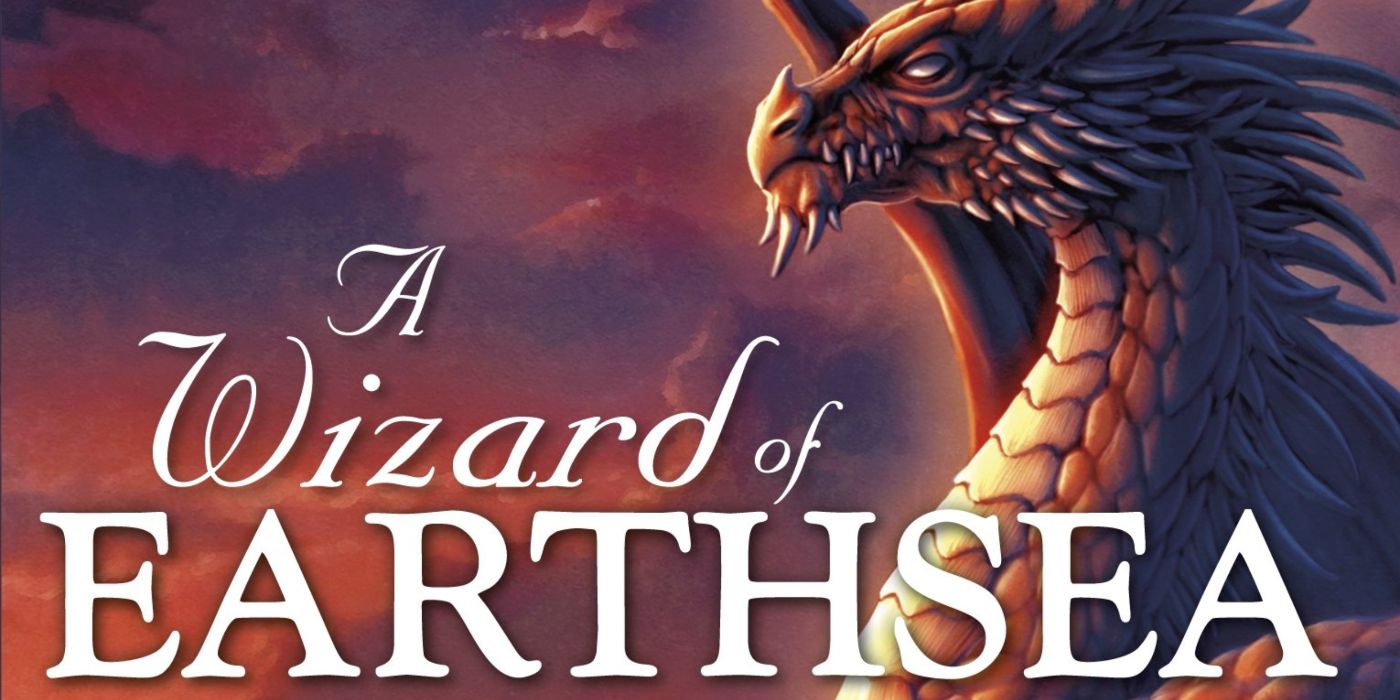
Ursula K. Le Guin is well known as one of the greatest fantasy and science fiction writers of all time, and her Earthsea novels have been instrumental in influencing the path of children's high fantasy literature. The first book in the cycle, A Wizard of Earthsea, follows Ged, a young boy with incredible magical abilities who must undo a mistake he makes in the heat of adolescence. While A Wizard of Earthsea follows the classic beats of a coming-of-age novel, it also revolutionized the genre thanks to its incredible world-building and complex plotting.
Like all of Le Guin's work, A Wizard of Earthsea touched upon environmental issues, political overtones, and themes of enlightenment and self-acceptance.
Like all of Le Guin's work, A Wizard of Earthsea touched upon environmental issues, political overtones, and themes of enlightenment and self-acceptance. What will resonate with adults most of all in A Wizard of Earthsea is Ged's path to finding his true name and realizing that he's capable of equal amounts of lightness and darkness. Understanding this balance and coming to terms with humanity's ability to be a force for good and evil is a lesson that both Ged and the reader learn throughout the story.
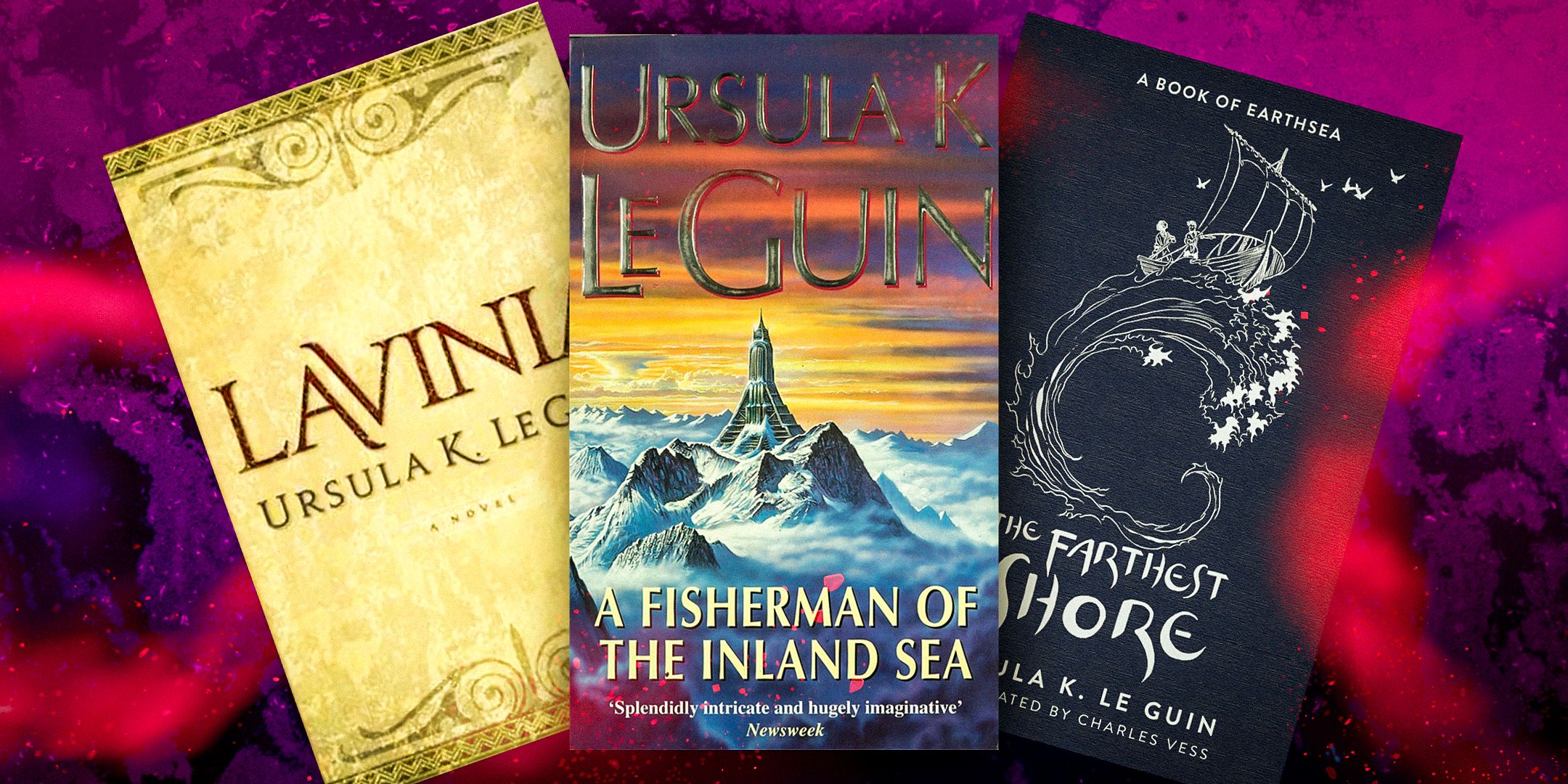
Related
Ursula K. Le Guin’s 10 Best Books, Ranked
As one of the best science fiction writers of all time, Ursula K Le Guin has created some of the most influential & boundary-pushing novels ever.
5 Matilda (1988)
Written by Roald Dahl
One of Roald Dahl's best-remembered books, Matilda, has been adapted into a feature film, a stage musical, and a movie musical. It's thanks to the timelessness of the story that writers and creatives keep returning to Dahl's source material and finding more details and intricacies to bring to life onscreen. Full of the outlandish and fantastical elements that Dahl's work is known for, the characters in Matilda have only become more vivid with time, and the story's happy ending is one of the more uplifting conclusions to a work by Dahl.
In the most famous film iteration of Matilda, her telekinetic powers are portrayed as much stronger and more easily controlled, while in the book, they're more unpredictable and eventually go away. However, no iteration has ever changed the heart of Matilda, which sees a young girl find the love and comfort she deserves after being abused and overlooked for so long. Dahl makes it easier to digest his serious topics through imaginative storytelling and magical characters, but reading Matilda as an adult allows the audience to see through to the larger themes.
4 The Wonderful Wizard Of Oz (1900)
Written by L. Frank Baum
Though the 1939 movie The Wizard of Oz has remained a classic of fantasy filmmaking for generations, the book it's based on, L. Frank Baum's The Wonderful Wizard of Oz has a darker and more intricate story. Recently, readers and audiences have been reminded of the many adaptations of the story thanks to the box office performances of Wicked. The new movie musical has many allusions to Baum's 1900 children's book, which has scarier elements and more intense themes that adults will pick up on.
3:05
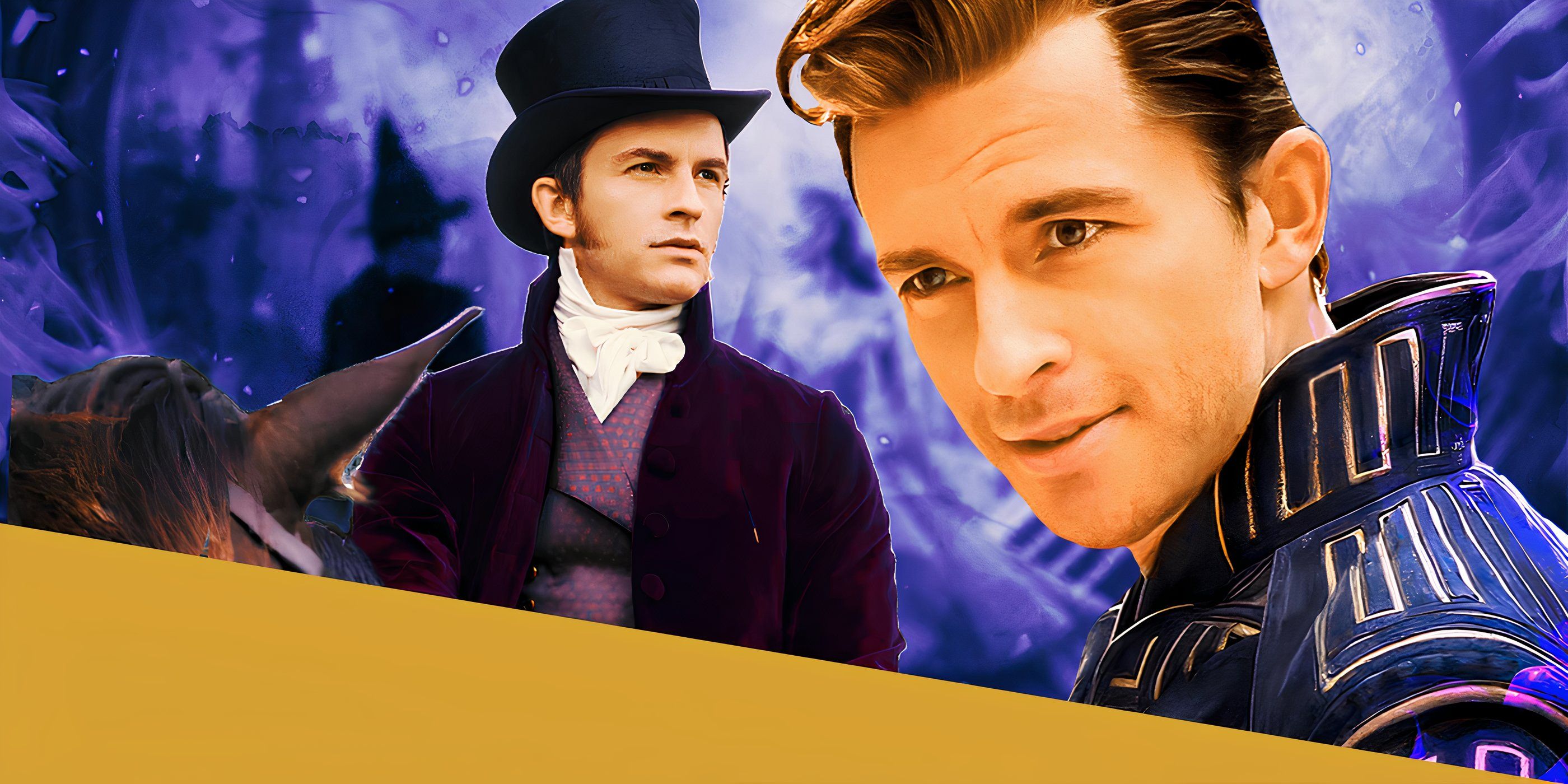
Related
The Best Wicked Easter Egg Isn’t Even About Wizard of Oz
Today at Screen Rant we’re here to talk about one of the most surprising, and it isn’t even from Oz!
Dorothy's travels in Oz are much more perilous, and the Wizard's characterization as a charlatan is clearer in Baum's book. The Wonderful Wizard of Oz will make older readers take a second look at the way the movie portrays the story and see Oz not as a magical escapist fantasy but as a threatening world that pushes Dorothy and her companions to confront their deepest fears. While the influence and legacy of The Wonderful Wizard of Oz have made it relevant in cultural conversations for over a century, looking back on the story as an adult will reveal a lot.
3 The Little Prince (1943)
Written by Antoine de Saint-Exupéry
Antoine de Saint-Exupéry's seminal children's classic has been translated into many languages and adored for generations. Touching upon some of the most relevant themes of adult life and human nature, The Little Prince is universally beloved for a reason. With gorgeous illustrations and a fierce young protagonist, The Little Prince sees the narrator encounter the little prince in the desert and be regaled with stories of his travels across the galaxy and the foolish adults he meets there. Each planet and corresponding adult has a flaw that prohibits them from seeing the beauty of the world.
The recent 2015 screen adaptation of the book took many liberties with the plot and added a frame narrative, but the stop-motion animation that brings the prince's story to life represents the best of the novella's illustrations. When reading The Little Prince as a child, it's easy to identify with the prince and see the world as something beautiful to be explored. Though the flaws and follies of the adults he meets become more realistic with time, readers also become aware of how special it is to see the universe through the prince's eyes.
2 The Last Unicorn (1968)
Written by Peter S. Beagle

Though it's been many decades since The Last Unicorn was published, the novel has lost none of its potency, especially with older audiences revisiting the work. A tale about the loss of innocence and the discovery of the depth of life, The Last Unicorn follows the titular Unicorn as she journeys to find the rest of her kind after realizing she's alone in the world and humanity has forgotten her. One of the most arresting parts of the story is when the Unicorn is transformed into a young woman and experiences morality for the first time.
It's the fact that this human life isn't meant for the Unicorn that strikes so close to home for older readers, as it's a reminder that nothing lasts.
This change is reminiscent of the moments in life when people realize their own mortality and come to terms with their tenuous time on Earth. However, it's the fact that this human life isn't meant for the Unicorn that strikes so close to home for older readers, as it's a reminder that nothing lasts. The Last Unicorn is violent and tragic for a children's novel, but all the loss and sacrifice are justified thanks to Peter S. Beagle's storytelling style.
1 Book The First: The Bad Beginning (1999)
Written by Lemony Snicket AKA Daniel Handler
The first book in A Series of Unfortunate Events, The Bad Beginning, sets the scene for Lemoney Snicket's seminal tragicomedy children's fantasy series. Following the ups and mostly downs of the Baudelaires following the deaths of their parents, the three children get off to a disastrous and dangerous start. Encompassing thirteen total books, the Baudelaries never catch a break, but their ingenuity and bravery are what captured the hearts of the many children who got lost in the novels. However, returning to the first book as an adult reveals even more about the quality of the work.
In 2017, Netflix adapted A Series of Unfortunate Events into a TV series, and though it only ran for three seasons, it's a fun addition to the franchise. However, there's little question that the writing in the books is a large part of why the series has such an amazing legacy. As an adult, it becomes even more clear how darkly comic Snicket's perspective is, and the reader uncovers more of his emotional and tragic Easter eggs throughout the books.
Your changes have been saved
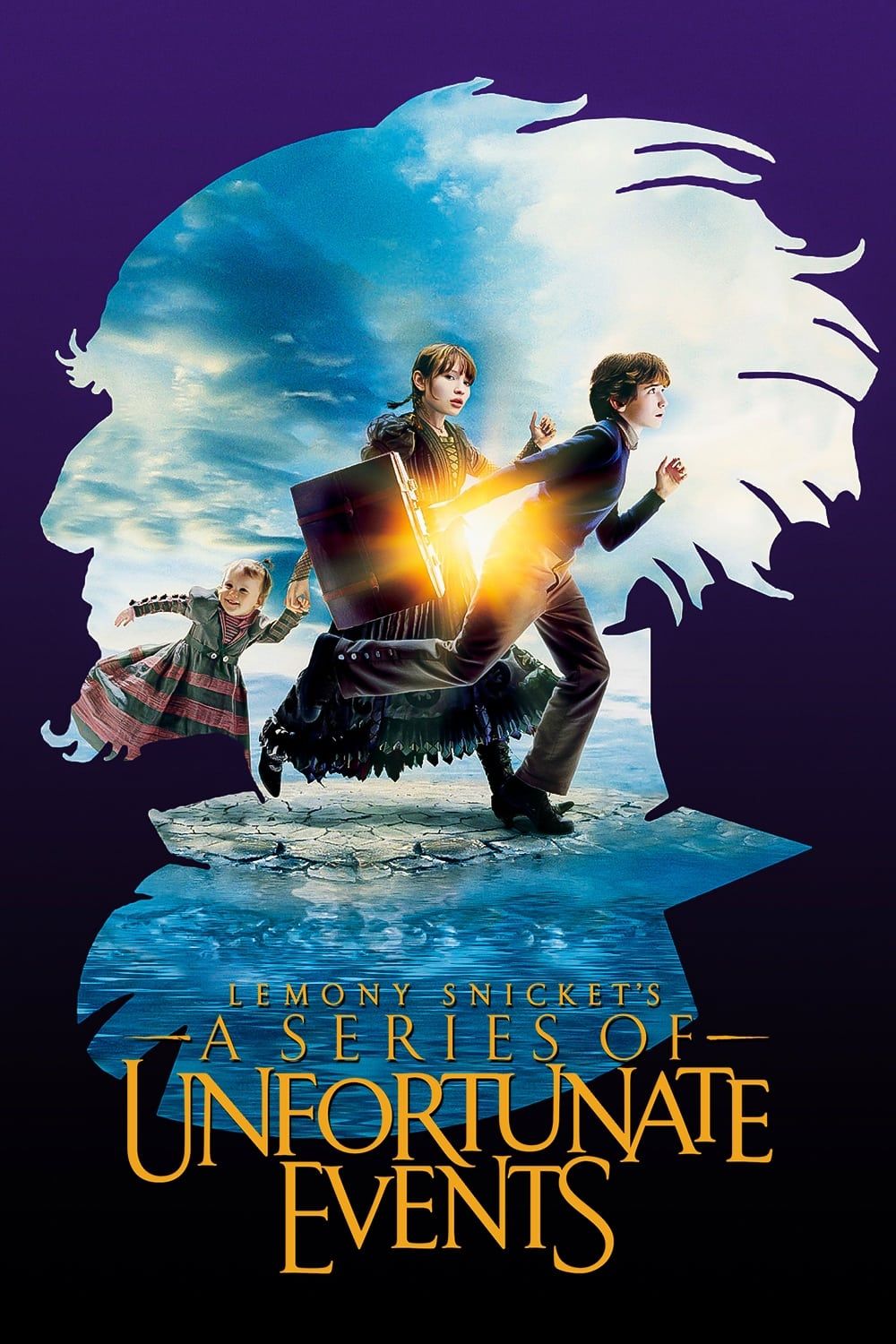
A Series of Unfortunate Events
A Series of Unfortunate Events is a darkly comedic and gothic franchise that follows the misadventures of the three Baudelaire orphans—Violet, Klaus, and Sunny—who are pursued by the villainous Count Olaf. The series, known for its clever wordplay, dark humor, and melancholy tone, explores themes of loss, resilience, and the ambiguity of good and evil. The franchise has been adapted into both a film and a television series, each capturing the unique style of Lemony Snicket’s storytelling.
Created by Daniel Handler
Character(s) Count Olaf , Lemony Snicket , Violet Baudelaire , Klaus Baudelaire , Sunny Baudelaire , Arthur Poe , Esmé Squalor

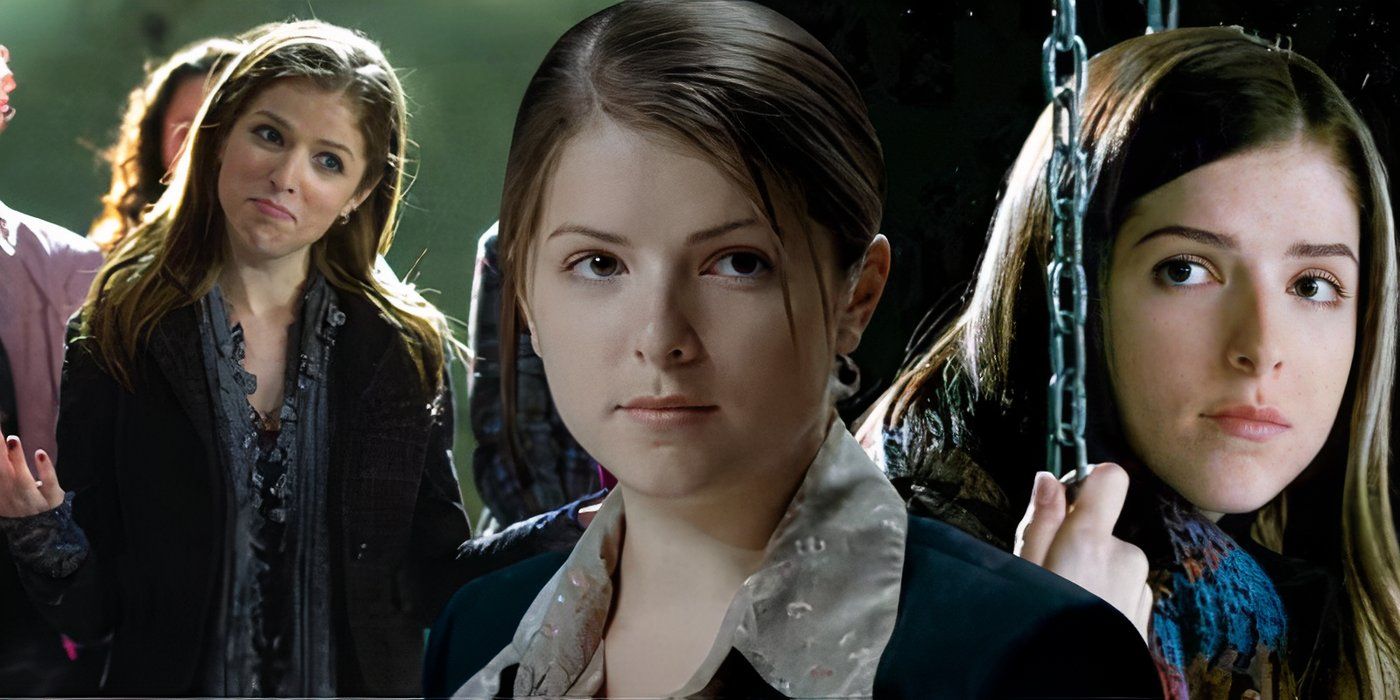
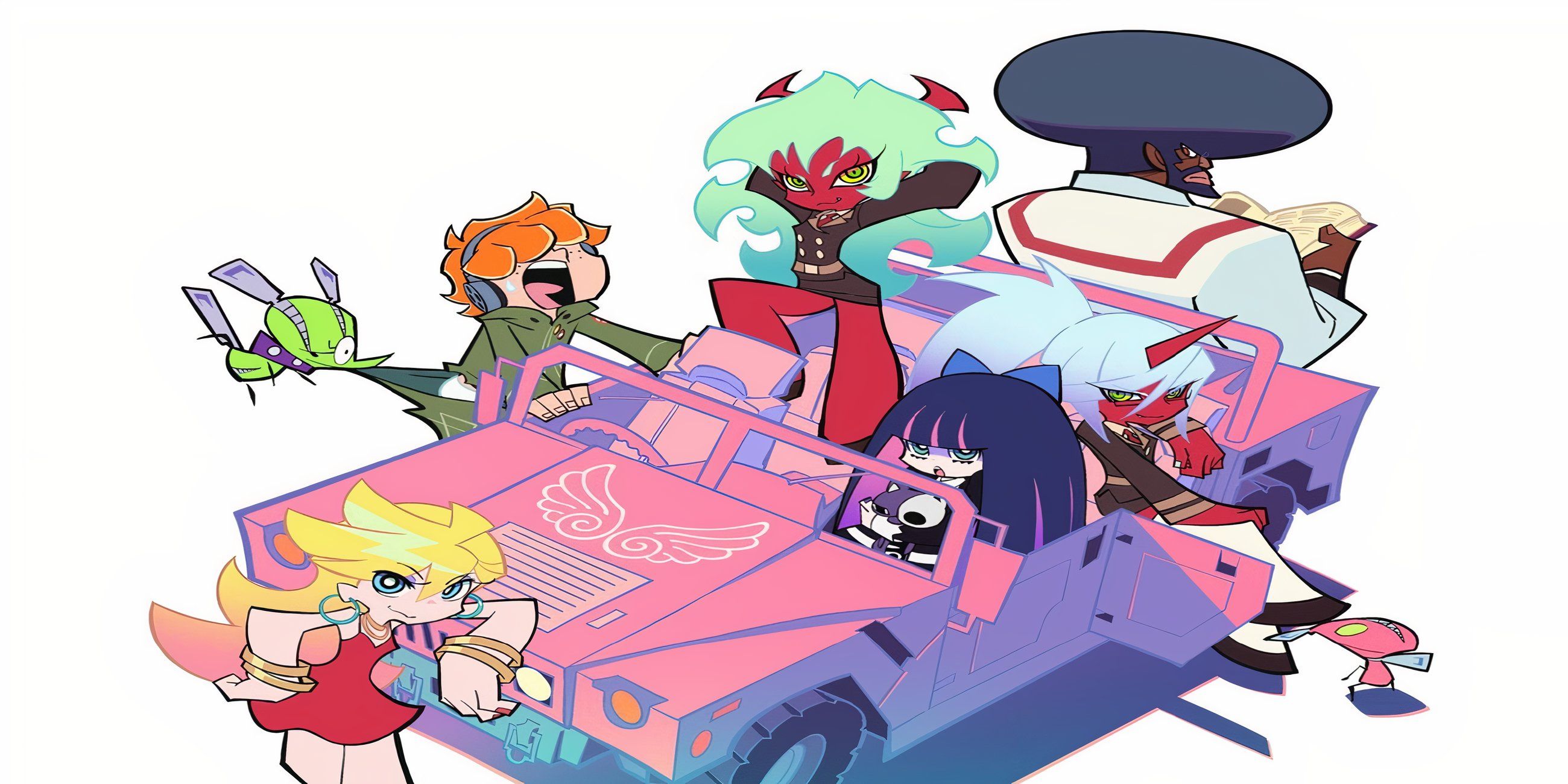
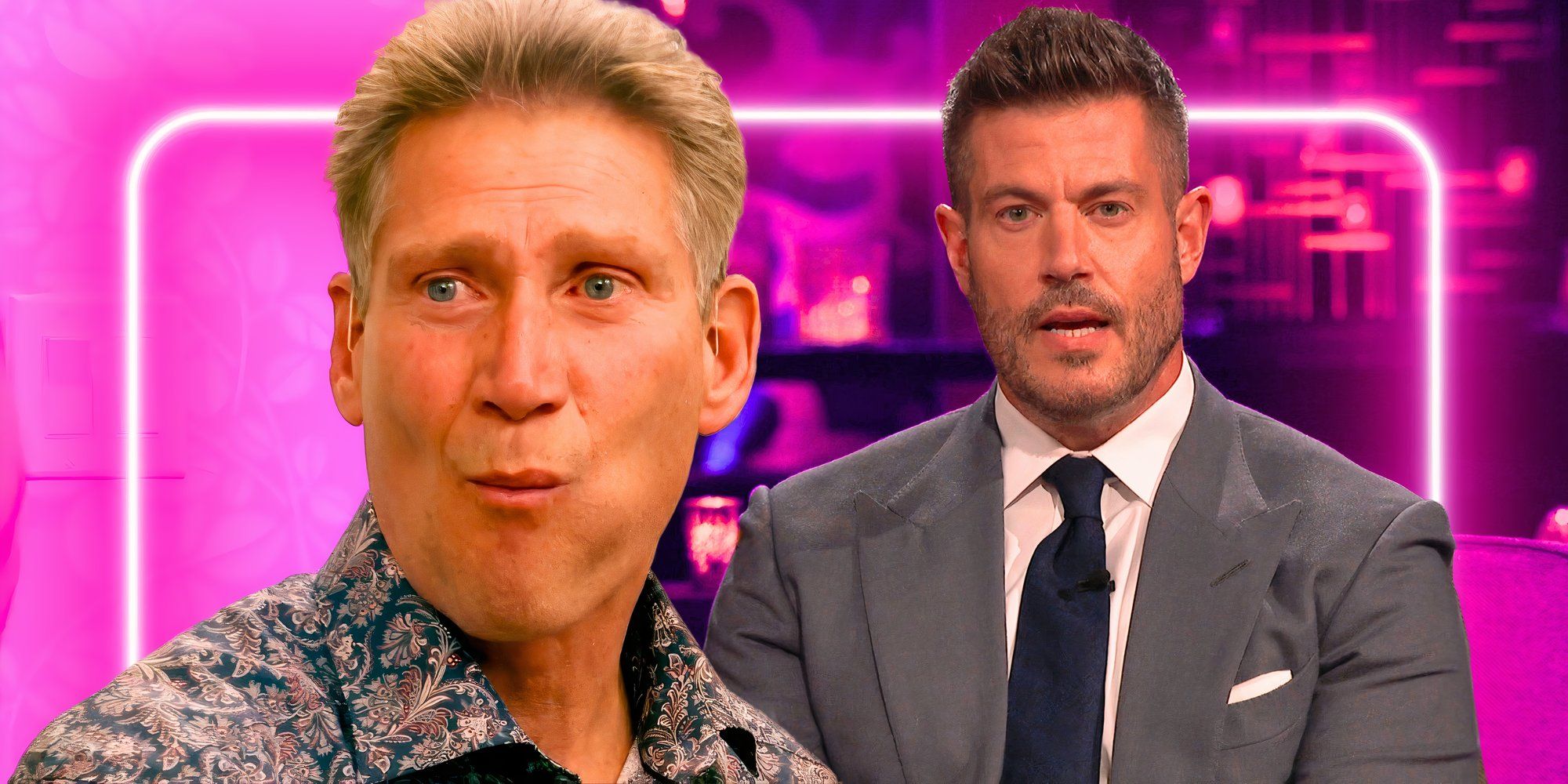



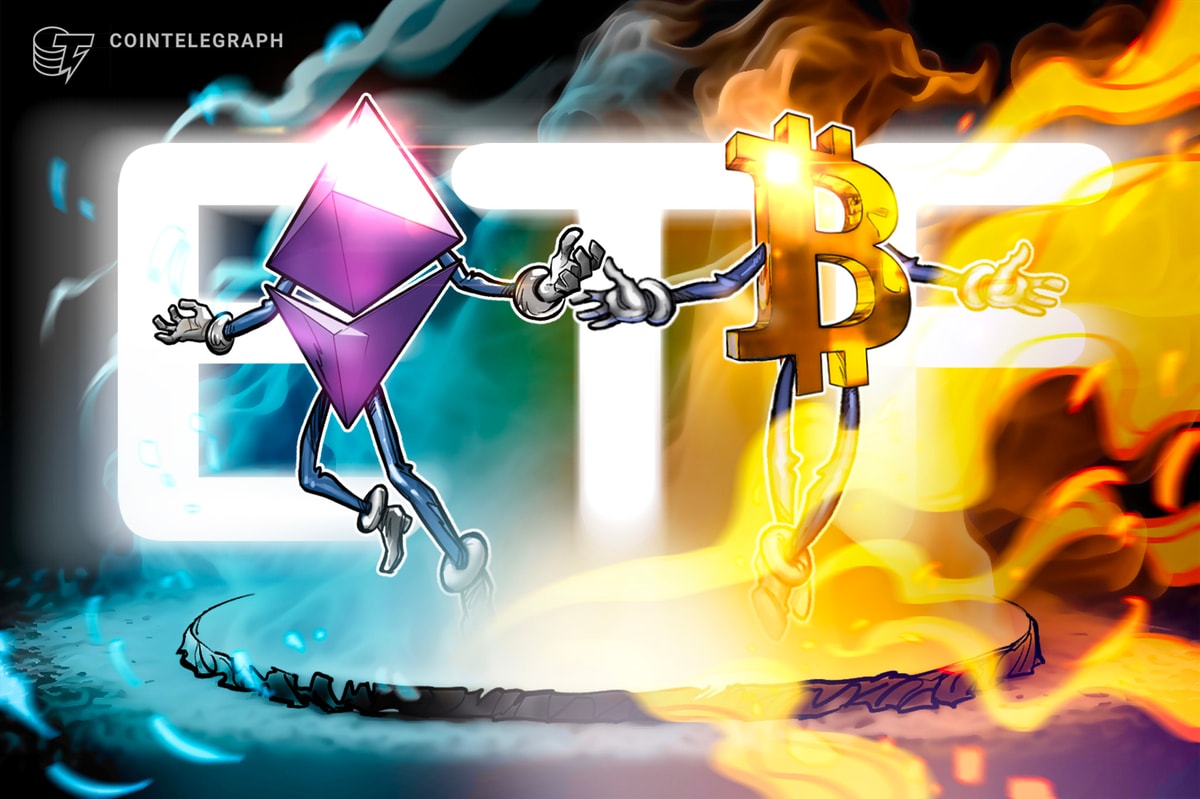
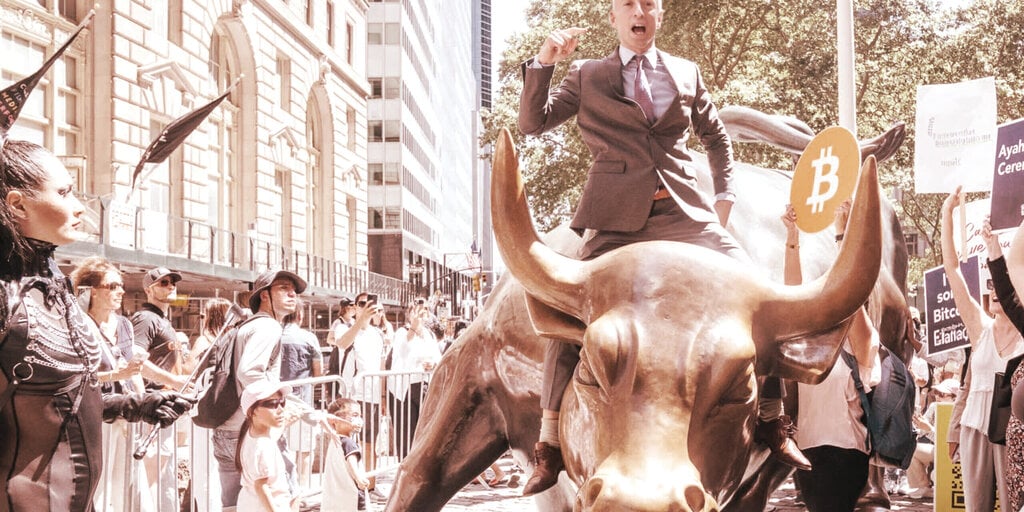
 English (US) ·
English (US) ·